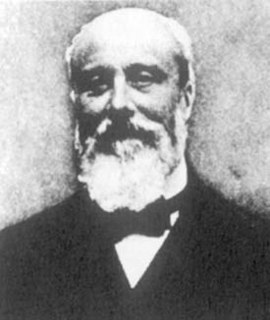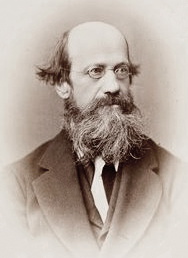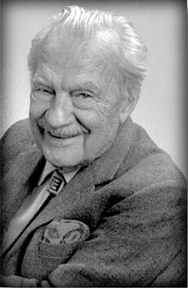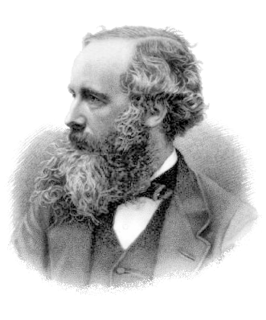Цитата Пьера Дюэма
Если целью физических теорий является объяснение экспериментальных законов, теоретическая физика не является автономной наукой; она подчинена метафизике.
Связанные цитаты
Теперь эти два вопроса. Существует ли материальная реальность, отличная от чувственных проявлений? и Какова природа реальности? не имеют своего источника в экспериментальном методе, который знаком только с чувственными явлениями и ничего не может обнаружить за их пределами. Решение этих вопросов выходит за рамки методов, используемых физикой; это предмет метафизики. Следовательно, если целью физических теорий является объяснение экспериментальных законов, теоретическая физика не является автономной наукой; она подчинена метафизике.
Но, вопреки предубеждениям дамы в отношении профессии инженера, дело в том, что совсем недавно столы поменялись местами между теорией и приложениями в физических науках. После Второй мировой войны открытия, изменившие мир, совершаются не столько в высоких залах теоретической физики, сколько в малоизвестных лабораториях инженерной и экспериментальной физики. Роли чистой и прикладной науки поменялись местами; они уже не те, что были в золотой век физики, в век Эйнштейна, Шредингера, Ферми и Дирака.
Наука может объяснить мир, но мы все равно должны объяснить науку. Законы, которые позволяют Вселенной возникать спонтанно, сами по себе кажутся продуктом чрезвычайно искусного замысла. Если физика является продуктом замысла, то у Вселенной должна быть цель, и данные современной физики убедительно говорят мне о том, что эта цель включает в себя и нас самих.
Законы термодинамики можно рассматривать как частные случаи более общих законов, применимых ко всем таким состояниям материи, которые составляют энергию или способность совершать работу, и эти более общие законы составляют основу науки энергетики, науки, постигающей как особые разделы теории движения, тепла, света, электричества и всех других физических явлений.
Даже если мы проигнорируем «нетеоретические» знания, которые мы приобретаем на опыте (например, знание вкуса чего-либо), и сосредоточимся на теоретических знаниях, нет веской причины думать, что физика может буквально дать теорию всего. Здесь я хочу быть очень педантичным. Хотя все может подчиняться физическим законам, не все можно объяснить или описать в физических терминах. Физика буквально ничего не может сказать об обществе, морали и разуме, например, но, конечно, они являются частями «всего».
Физика вступила в замечательную эпоху. Идеи, которые когда-то были областью научной фантастики, теперь входят в нашу теорию? а может даже экспериментальный? понять. Совершенно новые теоретические открытия о дополнительных измерениях необратимо изменили взгляды физиков элементарных частиц, астрофизиков и космологов на мир. Само количество и скорость открытий говорит нам о том, что мы, скорее всего, только коснулись поверхности чудесных возможностей, которые таятся в запасе. Идеи обрели собственную жизнь.







































